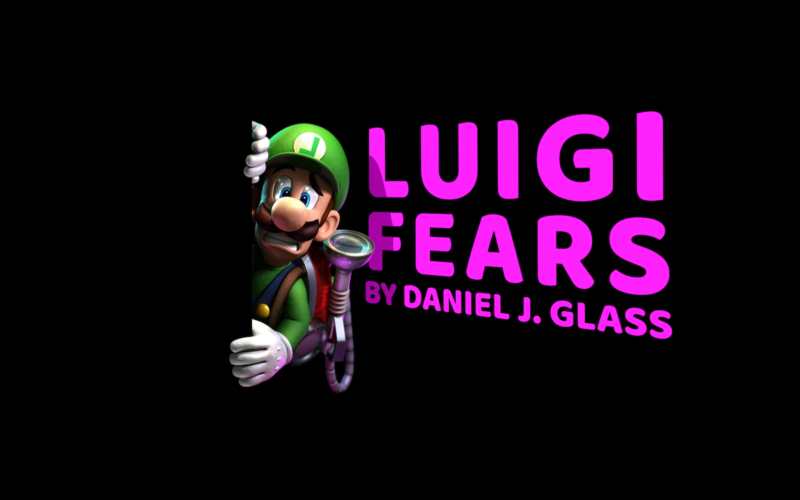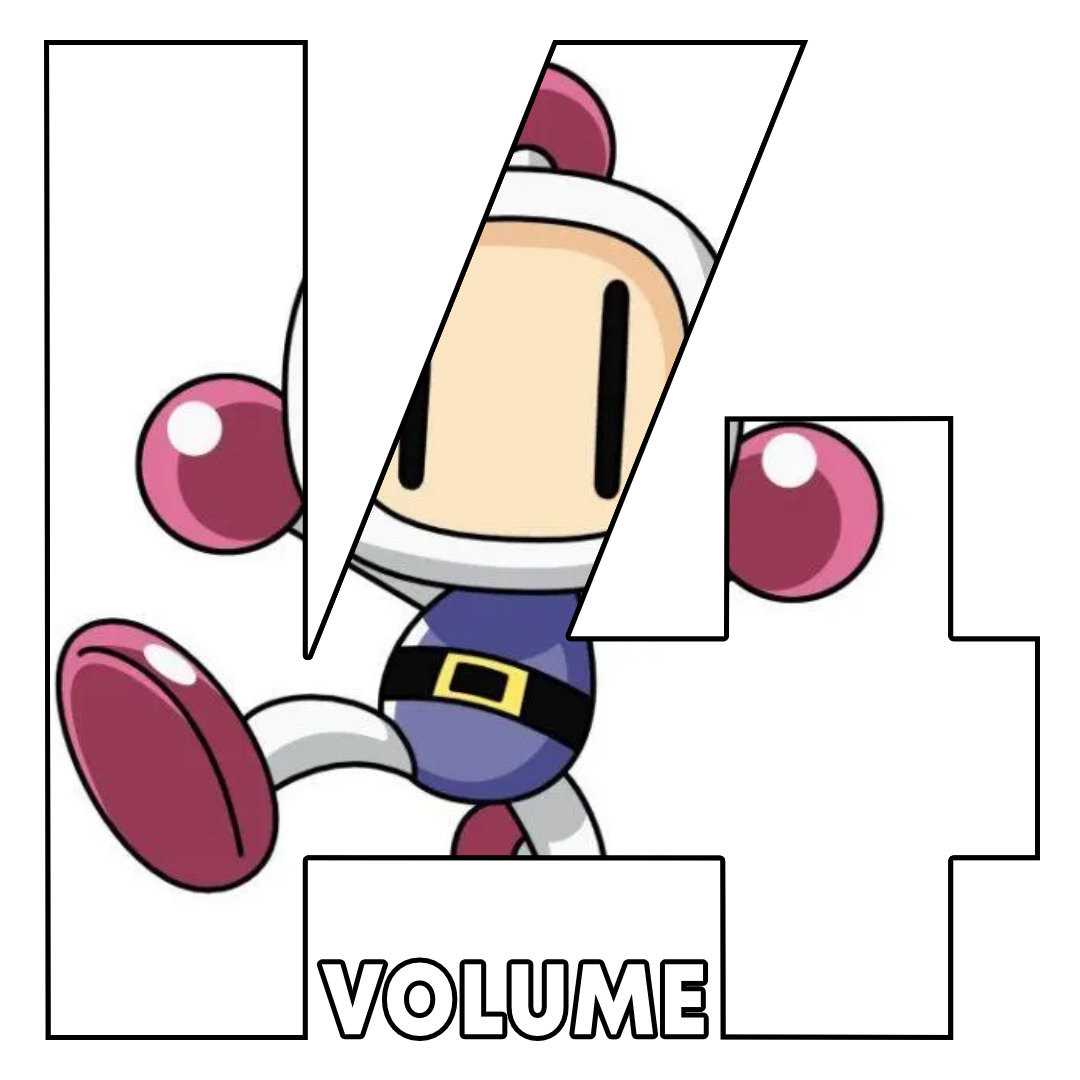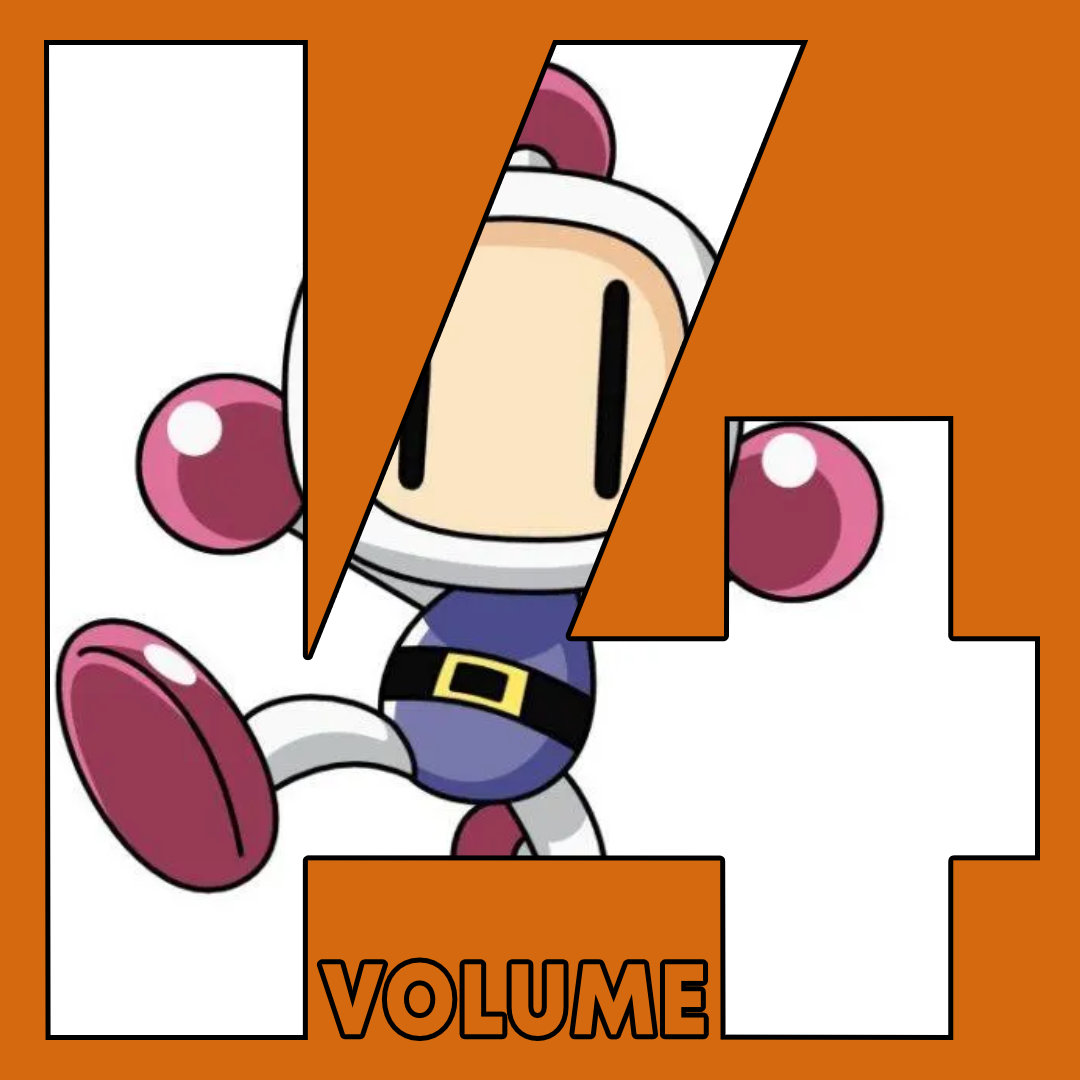After all his ghostly encounters and triumphs, why is Luigi still such a chicken? A clinical psychologist explains.
For the last few weeks, I’ve been playing Luigi’s Mansion 3 in co-op with my five-year-old daughter. For most of the playthrough, we’ve had a strict division of roles: I play the competent, stoic Gooigi expertly busting all the ghosts while my daughter’s cowardly, inept Luigi runs around the room ineffectually, periodically flashing his strobulb, vacuuming in random directions, and taking enough hits that he perpetually hovers on the edge of death – quite an interesting interpretation of the character and series canon.
Yes, I do realize that things would have been a lot easier the other way around, since Gooigi essentially has unlimited health, but my daughter is pretty insistent.
One of the series’ touches that makes the games so endearing is Luigi’s constant fearful animations and sounds – shuddering, tiptoeing, and shrieking his way through the spooky rooms and corridors. But canonically, he’s been through this kind of thing twice already, raising the question many others began asking as soon as the game’s reveal trailer initially showed a trembling, gasping Luigi sneaking timidly through a door: Why is Luigi still so afraid of ghosts?
As Chris Kohler pointed out in Kotaku’s review of the game, Luigi has cleared out seven haunted houses previously, over the course of the original game and its sequel, Luigi’s Mansion: Dark Moon (that’s as much as 33 hours spent in haunted houses over the last two games, according to howlongtobeat.com, not counting Boo-filled ghost houses from the earlier side-scrollers), so , “One would expect him to handle things with a little more bravado this time.”
And yet, Luigi is just as pusillanimous in the fifteenth hour of Luigi’s Mansion 3 as he was when he first cautiously pushed open the door of the original mansion almost twenty years ago, grimacing with fright. Wouldn’t you expect him to have habituated to ghosts by this point, especially given his track record of success against them? According to the clinical science of therapeutic interventions for fear, the surprising answer is, not necessarily…
Of course, a perpetually apprehensive Luigi makes for a more fun and engrossing experience in a cartoonish game like this than would an unflappable protagonist who stands calm and stock-still as ghosts jump out at him (although admittedly, a character who yawns and shrugs at every jump scare in a game like this could be funny). But from the perspective of clinical psychology, there’s another reason Luigi’s ghost fear hasn’t extinguished, and it lies in those same fear responses that give him so much personality in these games.
The standard of care for clinical fear and anxiety is a psychotherapeutic approach known as exposure therapy. The technique is simple in theory; expose the client to the situations that make them uncomfortable and prevent the avoidant, emotion-driven responses that they would normally engage in – fidgeting, escaping, complaining, and so on.
In this way, the client gets used to not only the specific things that had bothered them, but also the feeling of being uncomfortable more generally (nobody loves being upset, but some people are much less tolerant of distress than others, and exposure therapy helps those people learn to accept, rather than avoid, emotional experiences).
While this type of therapy was originally used for phobias and, in a modified form, for obsessive-compulsive disorder, the last decade of research and clinical practice has seen the realization that exposure therapy is effective for a range of clinical issues in which clients do things to avoid emotional distress, including OCD, generalized anxiety disorder, panic disorder, eating disorders, social anxiety disorder, agoraphobia, and some forms of depression, among others.
One of the psychological mechanisms underlying all these emotional disorders is thought to be ’emotional avoidance’, the tendency to avoid or push away distress using a wide variety of means, including worrying and ruminating, engaging in obsessive rituals, behaving in rigid ways, being hostile or aggressive, complaining, socially withdrawing, blaming or criticizing others, ingesting mind-altering substances, or – critically – avoiding situations entirely.
When I work with clients, I ask them to imagine the process of overcoming emotional avoidance as similar to steaming vegetables; it’s not enough to turn up the heat (i.e. to enter an emotionally triggering situation) – they also have to ‘keep the steam from escaping’ by letting themselves feel the discomfort building up and not doing the things that they normally do to ‘release the steam’, and then sit with those feelings long enough to get used to them.
Repeat multiple times, as frequently as possible, and the result is an increased ability to tolerate those situations over time.
Note that simple exposure isn’t enough – the ‘response prevention’ bit is critical. A germophobe can touch filthy, gross doorknobs every day for years, but if they grit their teeth, close their eyes, and white-knuckle their way through each experience, then wash their hands in scalding water afterward, they will never kick their germ fear.
Which brings us back to Luigi. He has certainly endured plenty of exposure to his feared stimuli – paranormal spirits and whatnot – but the man is a veritable mass of emotion-driven behaviors – he screams, shivers, and clings to the Poltergust with a vice-grip, teeth chattering and knees knocking, alternating between stepping falteringly and outright sprinting. He’s inarguably feeling the fear, but he’s allowing the steam to escape, thus, he’s not letting himself create the new learning he needs that will let him face ghosts without his trademark fear reactions.
Would the Luigi’s Mansion series, or the Luigi character, be much improved if Luigi truly got over his fear rather than white-knuckling through it each time? Probably not. Luigi’s feats come across as even braver given that he conquers King Boo and rescues his friends in spite of his terror.
But it just goes to show, in a franchise not exactly known for its realism, that maybe Luigi’s complete failure to ever get over his fear of ghosts may not be so far-fetched after all.
Daniel J. Glass is a licensed clinical psychologist practicing in Connecticut, President of the Applied Evolutionary Psychology Society and Project Leader at PsychTable.org














Read this after listening to you and Leon talk about this on the latest Sound of Play. Fun and fascinating piece of writing!
Amazing article Daniel! I really enjoyed reading it and I even learnt a few new words like ‘agoraphobia’ and ‘pusillanimous’. It was really cool how you could combine your experiences as a Clinical Psychologist with how Luigi is in the mansion games!